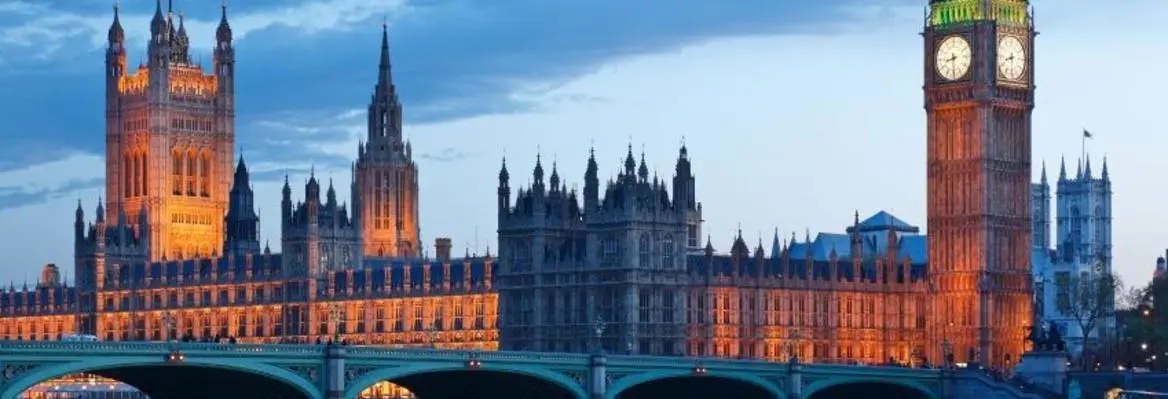The only political question that matters is the one asked by Plato: “What is the good?” That is how we should judge every decision and event in time. The good should be what predominates, and the good changes what exists into what ought to be. It is a revolution in the Judeo-Christian tradition, and it is exactly the kind of revolution we need today, to move conclusively beyond the failures of neoliberalism.
There has never been a successful form of neoliberal economics. The legacy of neoliberal economics is the crash, the legacy is the new serfdom that we’re currently witnessing, in which more people become impoverished and reliant on welfare, while less people pay taxes – especially the corporations – for that welfare. What we have at the moment is the rhetoric of free markets and the reality of monopolies.
Look at the leaders of the three main parties – each comes from a highly privileged background. In today’s society you can only really prosper if you’ve gone to the right schools, have the right amount of money and are well-positioned by birth. This is the society that neoliberalism has produced. The real problem is that we’re a liberal society, and liberalism delivers the opposite of what it argues for. It argues for freedom, and it introduces serfdom; it argues for liberty, and it only gives freedom for those at the very top. What I believe in is a liberalism fulfilled, not a liberalism promised. The solution is neither statism nor individualism; it is social conservation.
What is social conservation? First of all, it is not necessarily right-wing. There are clearly left-wing social conservatives. Most of the left, particularly during the 19th century for example, was founded on the idea of preserving what people thought was valuable. Think of the environment. The environment is about preserving what people think of as valuable: beauty, landscape, an atmosphere that needs protecting. That is all conservative and that’s also clearly radical. In fact I’d go even further: there is no genuine left-wing politics without conservatism. Without conservatism, all you do is embrace change for the sake of change, and that is capitalism. If the left knew or understood its own traditions, it would recognise that the best of it is a form of social conservatism. It was Marx, after all, who said, “all that’s solid melts into air”.
Social conservatism – or rather, social conservationism – is the preservation of what is valuable in people’s lives. It entails the distinction between use and exchange value, and it involves a reinstatement of the idea of inherent worth. What we need, therefore, is a new form of mixed economy that prices in externalities i.e. valuing what is really valuable. This means we make polluters pay, we make people who are playing the system pay, and we ensure that radical, free and fair competition actually takes place.
Really there are no radical politics, left or right, without a notion of what ought to be preserved against the mere forces of change. Genocide was a form of change, and if you think people should be preserved, then you’re a conservative in that regard. What we need, therefore, is a simple and clear recognition that conservatism is at the basis of all genuine politics whatsoever. (Unless you think there’s nothing valuable that is current, or there is nothing valuable that is past, and all that is valuable are things we haven’t done yet. But then that’s a peculiar form of nihilism that hardly anybody, perhaps Richard Dawkins is the exception, would endorse.)















Join the conversation